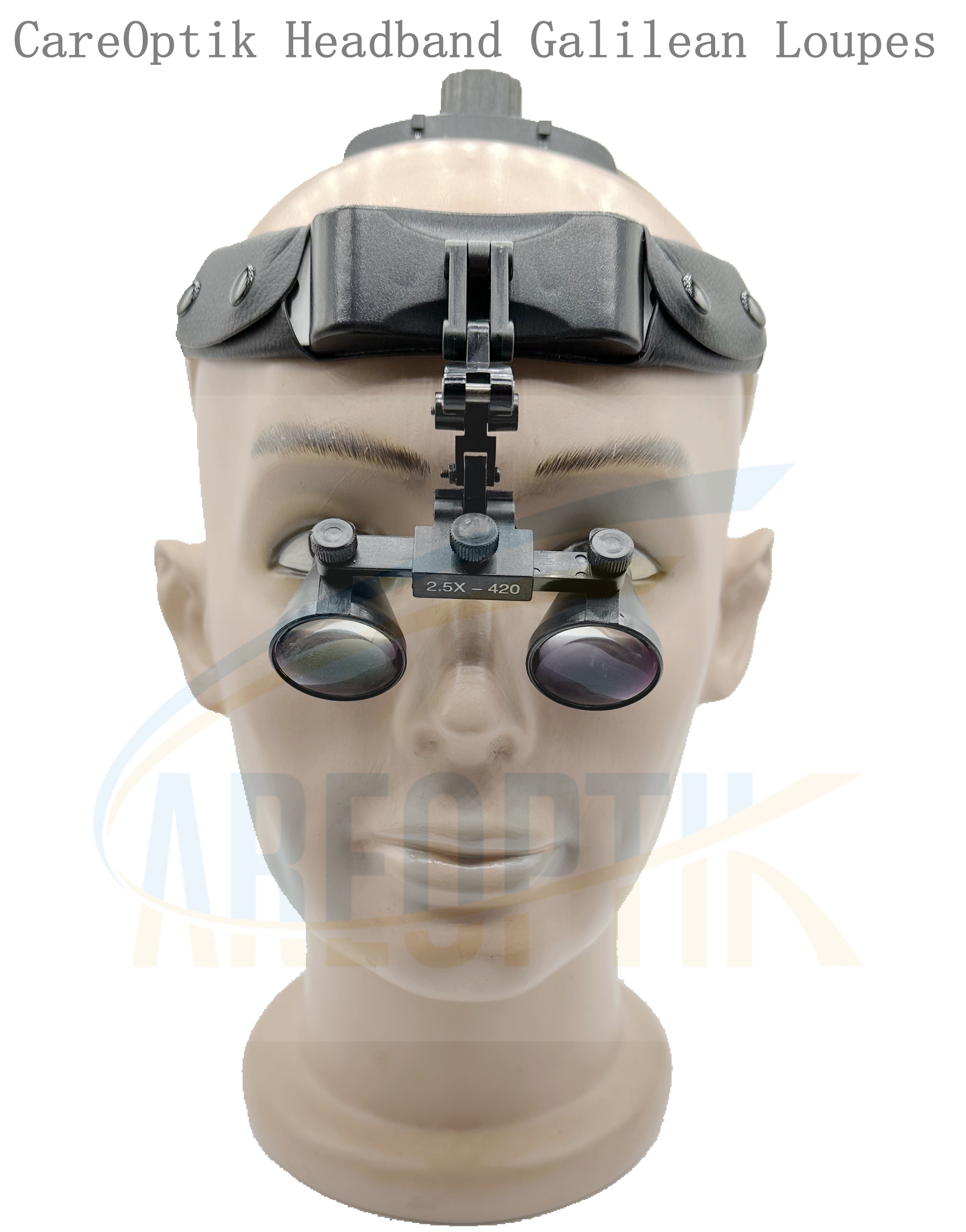
They are pivotal in precision dentistry, enabling intricate procedures with increased accuracy and reduced eye strain. However, not all loupes are created equal, and when it comes to choosing the right pair for your dental practice, several factors come into play. From magnification levels to frame materials and design styles, there is a lot to consider.
Understanding Magnification Levels and Field of View
The magnification level of loupes plays a significant role in their effectiveness. Higher magnification allows for finer detail to be visible, vital for intricate dental work such as endodontics or periodontal surgery. Dentists frequently opt for magnifications ranging from 2.5x to 6.0x, with some practitioners even utilizing high-powered telescopes providing magnification up to 8.0x.
A balance must be struck between increased magnification and field of view. A larger field of view is essential for performing procedures without constantly adjusting the loupes or moving the head excessively. A good rule of thumb is that higher magnification leads to a narrower field of view, so it's crucial to consider the nature of your practice and the procedures you perform most often when selecting your loupes' magnification.
Frame Materials: Titanium, Aluminum, and Plastic Options for Loupes
The material of your loupes' frames not only contributes to their weight and comfort but also affects their durability. Titanium frames are the gold standard, offering the best combination of strength and lightness, ideal for long hours of use in the dental office.
Aluminum frames, while heavier than titanium, can offer a more affordable alternative without sacrificing much in terms of quality. They are also suitable for practitioners who prefer a slightly sturdier frame.
Plastic frames, on the other hand, are the lightest but least durable of the three options. They are best suited for those who value comfort above all and do not engage in heavy, everyday usage.
Flip-Up vs. Through-the-Lens (TTL) Designs
The design of your loupes—whether they are flip-up or through-the-lens (TTL)—affects how you use them throughout the day. Flip-up loupes come with a hinge and can be moved out of the way easily when not in use. They are a favored option for dentists who frequently switch between loupes and their naked eye during patient consultations.
Conversely, TTL loupes are eternally fixed within their lens system. They are less versatile in terms of flicking them in and out of vision but provide a more secure and lighter option, especially at higher magnifications. Dentists who use high magnification loupes almost exclusively tend to prefer TTL designs for their stability and lighter weight.
Proper Adjustment and Customization
Fit is paramount, and poorly adjusted loupes can lead to discomfort, headaches, and even long-term musculoskeletal issues. Customization options are available, ranging from adjustable nose pads and temple arms to various lens angles catering to the unique proportions of your facial features.
Remember, the loupes should be an extension of your body, not a hindrance. Take the time to ensure they are adjusted properly and consider models that offer personalization services to tailor the loupes for ultimate comfort.
Insights from Dentists Using Prismatic Loupes
It's always valuable to hear from peers. Customer reviews and testimonials provide candid insights into the practicality and performance of different brands and models. Dentists who have extensively used prismatic loupes can offer firsthand advice on the suitability of various options in real-world clinical settings.
When reading testimonials, look for comments on comfort over long hours, clarity of the image, effectiveness in reducing eye fatigue, and the durability of the loupes. This information can be invaluable when making your selection.
In conclusion, choosing the right surgical loupes is a highly personalized process that requires careful consideration of your specific needs and preferences. By understanding the role that magnification, field of view, frame materials, design, and fit play in the equation, you can make an informed decision that enhances your practice and ensures patient satisfaction.


































